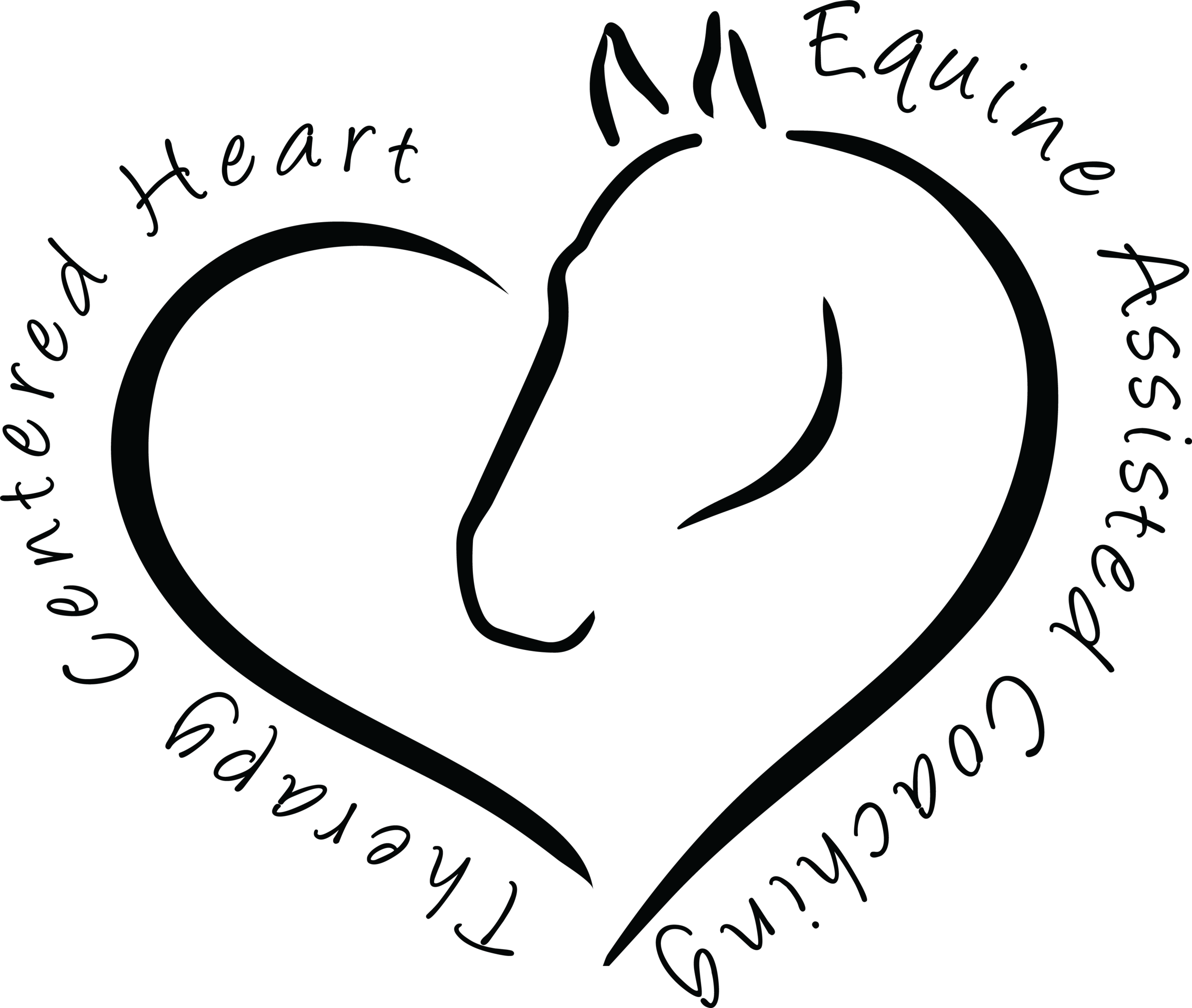FAQs and Benefits of Equine Assisted Coaching
Who should take a session or workshop?
Anyone interested in developing or deepening awareness of limiting patterns and behaviors, and learning skills that support a more authentic and fulfilling life should take a session or workshop. Equine Assisted Learning and EAC facilitate experiences between people and horses specifically to expand inner resources for improved well-being. Equine Assisted Learning is based on the belief that people learn best through direct and purposeful contact with their learning experience, and can alter the way they feel, think and behave beyond habitual barriers and resistance accumulated through life.
Do I need to have previous horse experience?
It is not necessary to have previous horse experience. The experiences take place on the ground and are focused on the interaction between the horse and the person. Each experience is unique for that moment depending on the attitude and state of the person and the horse that day.
What if I am afraid of horses?
All of the experiences take place within a safe environment with close monitoring by a horse handler and facilitated by a therapist/horse professional. We spend time teaching how horses act and react and how to safely be around them. The horses we use are familiar and comfortable around people. The most important thing is that each person learns how to pay attention to their own cues to their level of discomfort and respond based on their choice. In each experience, that participant can choose how close to be with the horse - inside or outside the gate, and whether to have the therapist next to them.
What horses are used for the workshop?
The horses for the workshops and therapy are carefully selected for their ability to interact with people and other animals in a calm and responsive manner. Each horse is evaluated beforehand through their nonverbal communication on their willingness to participate. Then, on the day of the workshop we interact with each horse looking at their attitude and behavior to see if they seem ready and willing to be present and supportive.
What is the difference between working on the ground versus riding?
When working on the ground with a horse, the focus is on the interaction between the person and the horse. Since horses are highly sensitive, they respond to the slightest change in breathing and muscle tone giving feedback to the participant. The response of the horse helps bring awareness to unconscious patterns, emotions and physical tension. In riding, the focus is on developing increasing levels of horsemanship.
How is Equine Assisted Learning Coachhing different from other equine learning/therapy?
There are several different models in equine therapy, each with a different focus and approach. One model works with handicapped and autistic children in a riding program, while other models work with a behavioral approach using horses in a variety of activities to complete tasks. EALC is an experiential model developed from clinical experience, trauma recovery and the Epona approach. The Epona approach focuses on the dynamic relationship of the horse and participant. The focus is on the experience in the interaction rather than on the outcome of a task or riding skills. Horses are co-therapists, and give feedback through their responses to subtle, unconscious patterns and feelings of participants. In each experience, care and respect for the horse is equal to care and respect for the participant.
Benefits of working with Equine Assisted Coaching:
Developing the ability to use the body as information and access it's wisdom to become/remain "present" and "grounded" in any given moment.
Becoming emotionally resilient by understanding and utilizing the messages of emotions.
Authentic communication - Become aware of any incongruence of feeling and behavior.
Learning and understanding how to use all of your senses in gathering information and making decisions.
Learn and integrate how to become aware, set and maintain healthy personal boundaries.
The immeasurable value of leading by example through exploring leadership through interactions with our horses.
Discover false self messages that limit full participation in your life.

